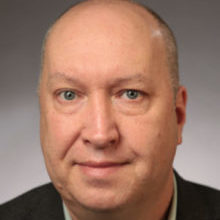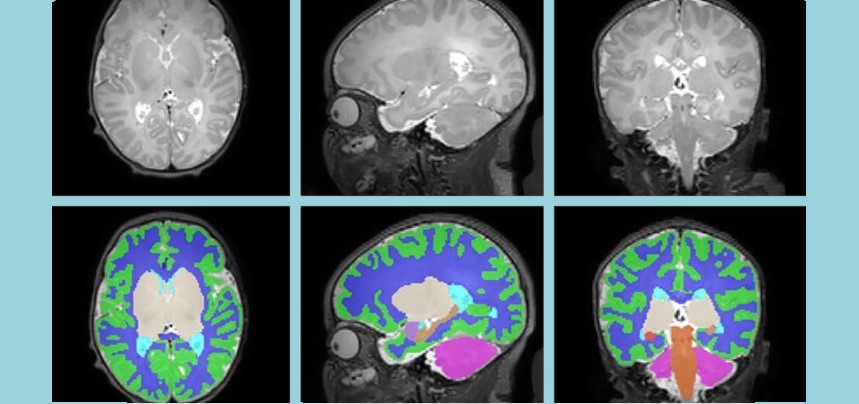Getting in Rhythm
Research By: David Smith, MD, PhD | John Hogenesch, PhD
Post Date: December 12, 2019 | Publish Date: Dec. 8, 2019

Time Is Relative – Especially When Taking Our Meds
Although tradition’s notion of morning for most may be when the sun breaks, we rouse from sleep and the day cycles into afternoon, it seems that convention can’t compete with relativity. Especially when it comes to taking our meds.
According to a recent report published in the Journal of Biological Rhythms by a multidisciplinary team of Cincinnati Children’s scientists, “morning can be at different times for different people. The time on a wall clock is the same for all of us, but our body’s clock can have wildly different timing.”
The investigators put into perspective an increasingly abundant body of research about how this effects medical practice, especially when people take their meds.
The lead authors include David Smith, MD, PhD, Divisions of Pediatric Otolaryngology–Head and Neck Surgery and Pulmonary and Sleep Medicine at Cincinnati Children’s and John Hogenesch, PhD, Divisions of Human Genetics and Immunobiology and the Center for Chronobiology.
Describing how “some of us are morning larks while others are night owls,” they say it’s the reality of how our lives shift and play with our schedules that can “cause our body clock to shift out of phase with the clock on the wall.”
Noting that we can’t always “rely on the clock on the wall or the standard definition of morning to tell us when to take medicine,” the authors also publish numerous examples of commonly prescribed medications, what these meds do, how they work, when we’re told to take them, and why that is.
You can read this fascinating report in the Journal of Biological Rhythms.
—Article written by Nick Miller
| Original title: | When Should You Take Your Medicines? |
| Published in: | Journal of Biological Rhythms |
| Publish date: | Dec. 8, 2019 |
Research By









